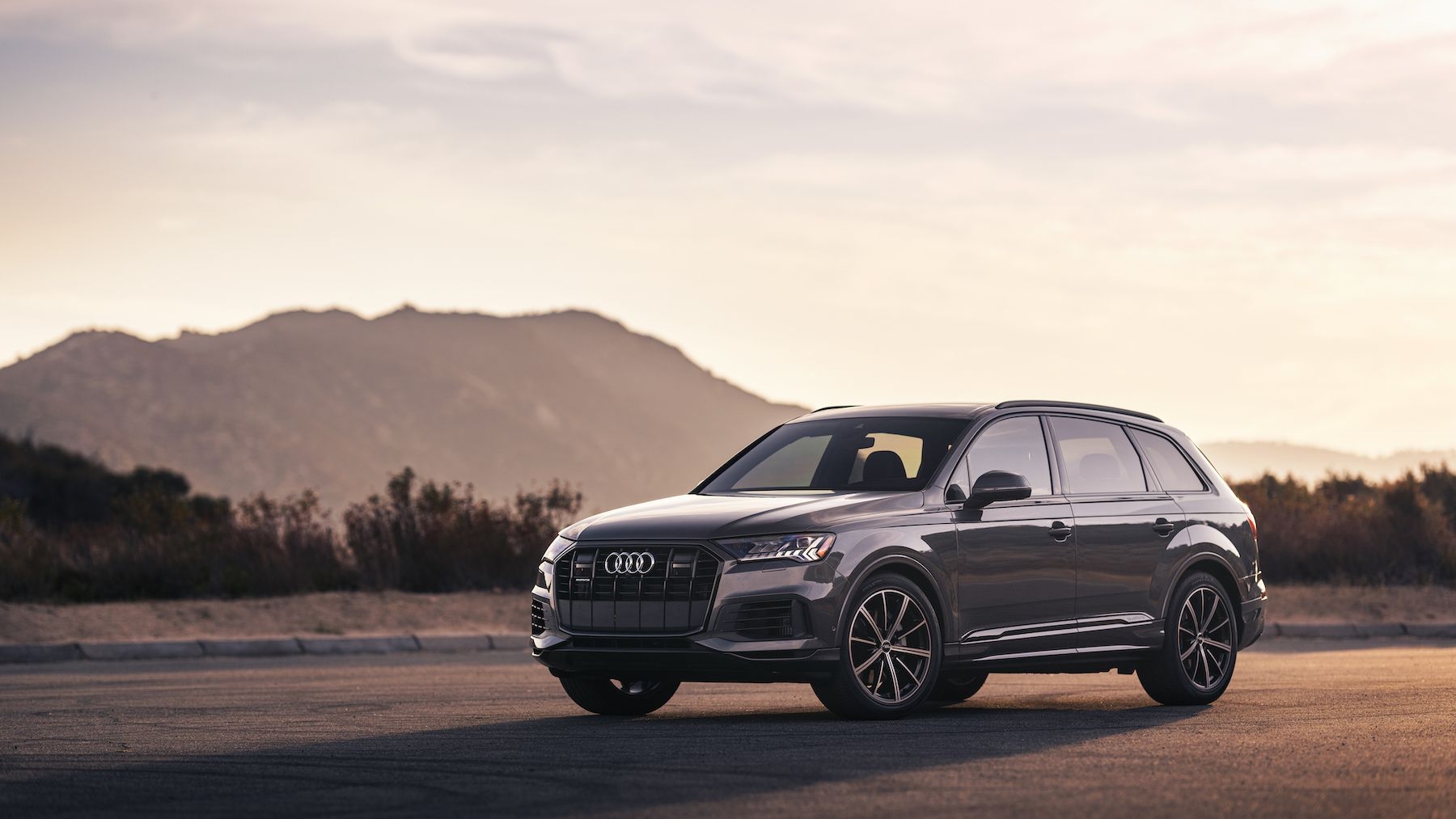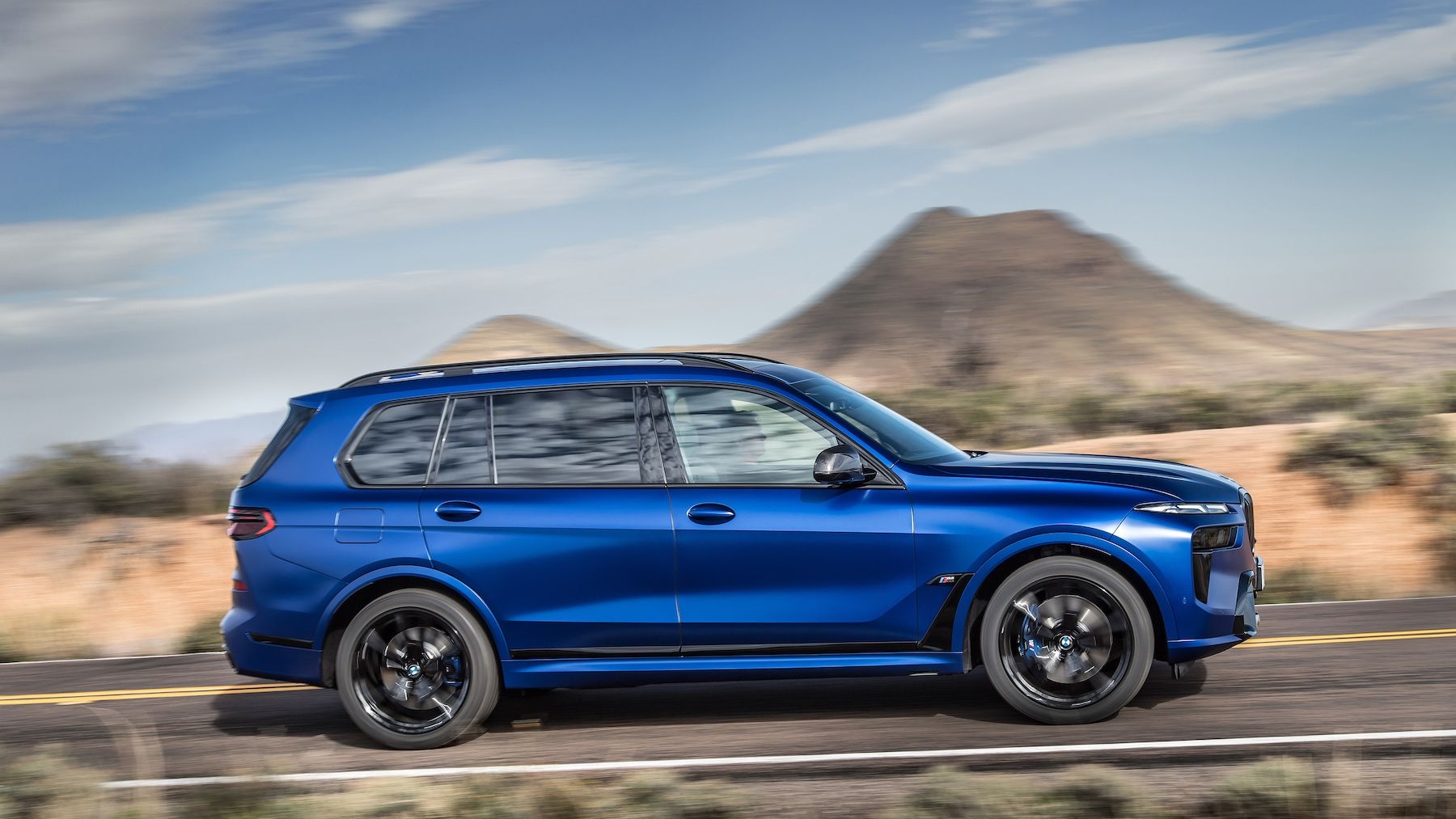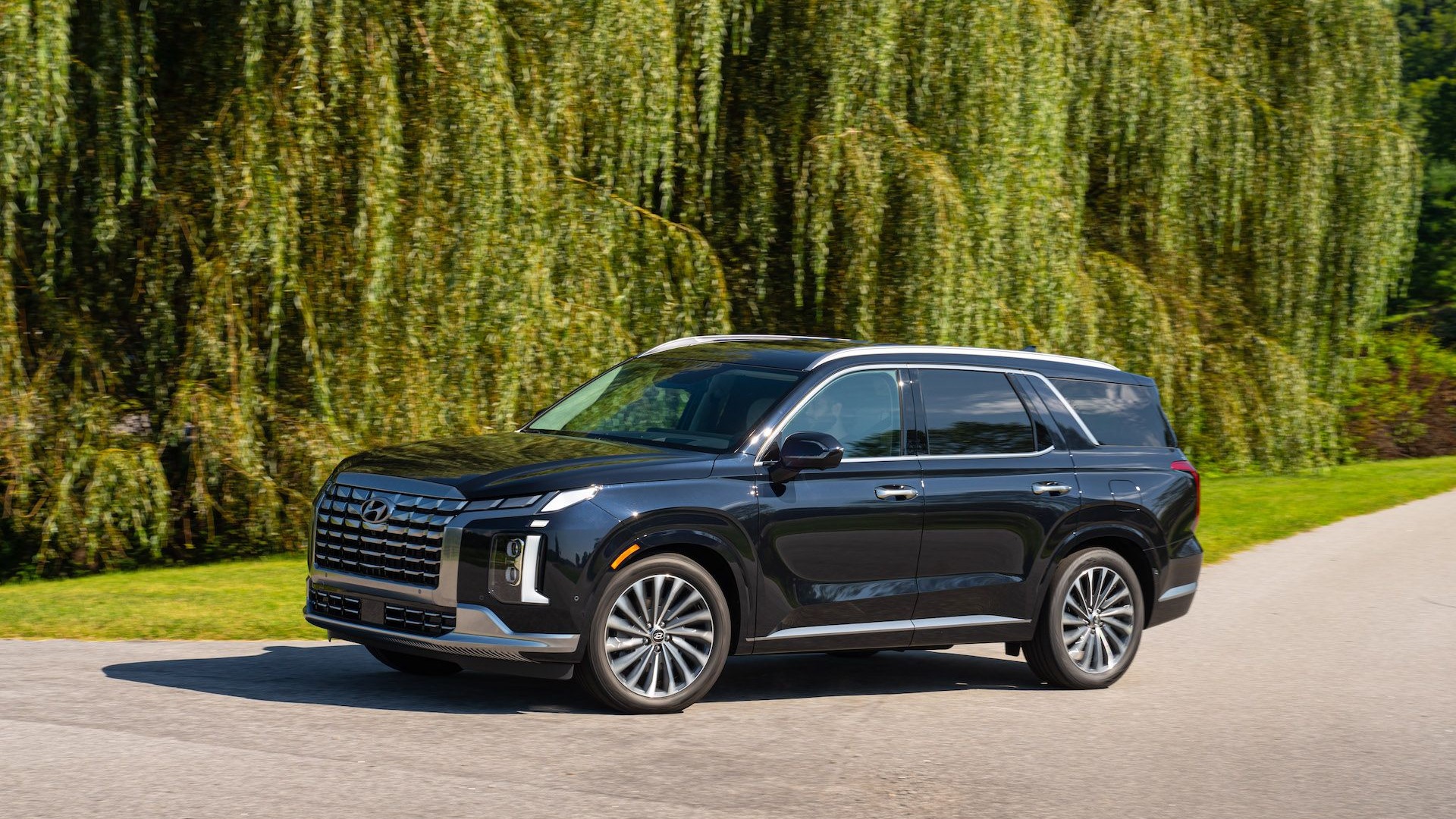Audi recently presented an RS 5 TDI concept car powered by a diesel engine equipped with an electrically-driven turbocharger. The engine features a twin-turbocharger setup where the smaller of the two turbos uses an electric motor to spool up its compressor at lower revs (up to 70,000 rpm in a few hundredths of a second) or even keep it spinning when the driver is off the accelerator in order to eliminate turbo lag and thus make the engine more responsive. Audi calls the technology e-boost.
MUST SEE: Jaguar XJ220 Lights Tires On Fire In Ultimate Burnout: Video
The 'e-boosted' engine, a 3.0-liter V-6 TDI, produces an impressive 385 horsepower and 553 pound-feet of torque, the latter generated at just 1,250 rpm. In the RS 5 TDI concept, this enables 0-60 mph acceleration in just 4.0 seconds and a top speed of 174 mph. These figures are comparable with those of the stock RS 5 and its gasoline V-8 but with the high-tech diesel the stated fuel economy for the European combined cycle is an incredible 44.4 mpg.
Given the performance, you might expect the engine to debut in a high-performance car such as a next-generation version of the RS 5 or even the R8 supercar, but this isn’t the case. The head of development of diesel engines at Audi, Ulrich Weiss, has revealed to Drive that the engine will appear very soon but not in a sports car. When asked if its first application will be in the next-generation Q7 SUV due at the 2014 Paris Auto Show in October, Weiss said nothing but smiled in surprise.
“I can confirm we are working on the development of the e-boost definitely,” he said. “Be sure that Audi will bring it to the market.”
Weiss said that no decision had been made to install the engine in a performance car just yet, explaining that Audi had demonstrated the technology in an RS 5 only to highlight its performance potential and gauge interest in a diesel sports car. He also said that the market should expect more diesels going forward as the cost of making gasoline engines meet toughening emissions regulations continues to rise, making more efficient diesel engines, which are currently more expensive than their gasoline counterparts, more viable.
_______________________________________



